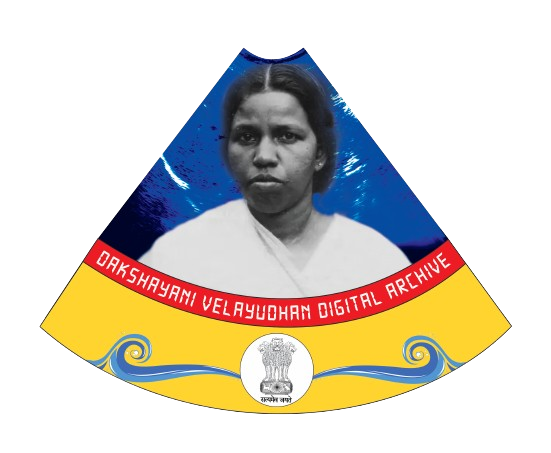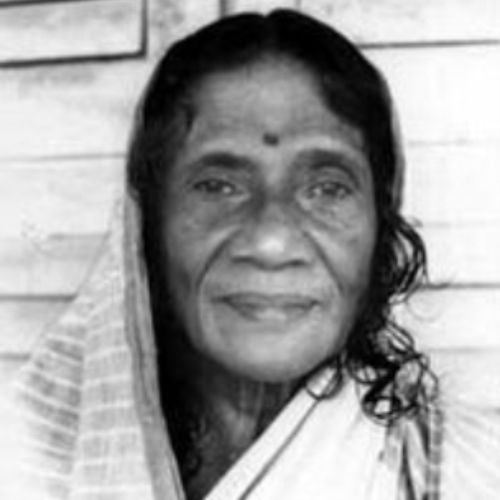Born on July 26, 1904, in Calcutta to a family deeply entrenched in politics, Malati Chaudhary was destined to become a formidable force in India’s fight for freedom. At the age of 16, she chose the path of unconventional wisdom, foregoing traditional education to join Visva Bharti in Shantiniketan in 1921. Here, under the influence of Tagore, her passion for patriotism and the freedom movement blossomed.
Basic details and biography of Malati Choudhury:
| Aspect | Details |
| Full Name | Malati Choudhury |
| Birth Date | July 26, 1904 |
| Birth Place | Calcutta, East Bengal (now Bangladesh) |
| Education | High school graduate |
| Political Affiliation | Indian National Congress |
| Constituency | Orissa |
| Mother Tongue | Odia |
| Key Contributions | – Active participant in the Salt Satyagraha |
| – Formed Utkal Congress Samajvadi Karmi Sangh | |
| – Founded Bajiraut Chhatravas for children of freedom fighters | |
| Role in Independence | – Arrested multiple times by the British for freedom movement activities |
| – Active member of the Congress party and Congress Socialist Party | |
| – Led Krisaka Andolan to protect farmers from exploitation | |
| Contribution to Constitution Making | Elected to the Constituent Assembly from Orissa, resigned to continue grassroots work |
| Later Contributions | – Founded Utkal Navjeevan Mandal for rural development and tribal welfare |
| – President of Orissa Civil Liberties Committee | |
| – Opposed state actions during the emergency of 1975, leading to imprisonment | |
| Awards and Recognition | – The National Award for Child Welfare (1987) |
| – Jamnalal Bajaj Award (1988) | |
| – Utkal Seva Sammaan (1994) | |
| – The Tagore Literacy Award (1995) | |
| Death Date | March 15, 1998 |
| Legacy | Left an enduring impact on India’s socio-political landscape |
Malati Choudhury: A Pioneering Force in India’s Freedom Movement
Early Life:
Born on July 26, 1904, in Calcutta to a family deeply entrenched in politics, Malati Chaudhary was destined to become a formidable force in India’s fight for freedom. At the age of 16, she chose the path of unconventional wisdom, foregoing traditional education to join Visva Bharti in Shantiniketan in 1921. Here, under the influence of Tagore, her passion for patriotism and the freedom movement blossomed.
Role in India’s Independence Movement
Malati Chaudhary’s contribution to India’s Independence Movement is marked by resilience and activism. Imprisoned multiple times by the British (1921, 1930, 1936, 1942), her commitment to various freedom movement activities remained unwavering. In 1933, she actively joined the Congress party. Alongside her husband, she organized the Utkal Congress Samajvadi Karmi Sangh, the Orissa branch of the All India Congress Socialist Party.
A champion for the underprivileged, Chaudhary founded the Post Basic School in Champatimunda, Orissa, in 1946. Notably, she set up the Bajiraut Chhatravas to educate the children of freedom fighters, leaving an indelible mark on local freedom struggle movements.
In 1934, Malati participated in M.K. Gandhi’s padayatra in Orissa, leading the Krisaka Andolan to protect farmers from exploitation. Central to her efforts was the establishment of the Utkal Provisional Kisan Sabha, working towards the abolition of the zamindari system and addressing the plight of peasants in Orissa during the 1930s.
Contribution to Constitution Making
Malati Choudhury was elected to the Constituent Assembly from Orissa through a Congress ticket. However, she chose to resign that very year, citing her belief that she was ‘unfit’ for the task and a desire to continue grassroots work with farmers, Dalits, tribals, and children.
Later Contributions
Post-independence, Malati and her husband, alongside fellow freedom fighters, founded the Utkal Navjeevan Mandal in Orissa in 1948, focusing on rural development and tribal welfare. Her leadership extended to being the President of the Orissa Civil Liberties Committee, where she vehemently condemned the killings of Naxalites.
During the emergency of 1975, she staunchly opposed state actions, leading to her imprisonment. Recognizing her exemplary work, Malati Choudhary received numerous accolades, including The National Award for Child Welfare (1987), Jamnalal Bajaj Award (1988), Utkal Seva Sammaan (1994), and The Tagore Literacy Award (1995).
Malati Choudhury’s legacy is a testament to the indomitable spirit of a woman who not only played a pivotal role in India’s struggle for freedom but continued to advocate for social justice and welfare throughout her life. She passed away in 1998 at the age of 93, leaving an enduring impact on India’s socio-political landscape.

